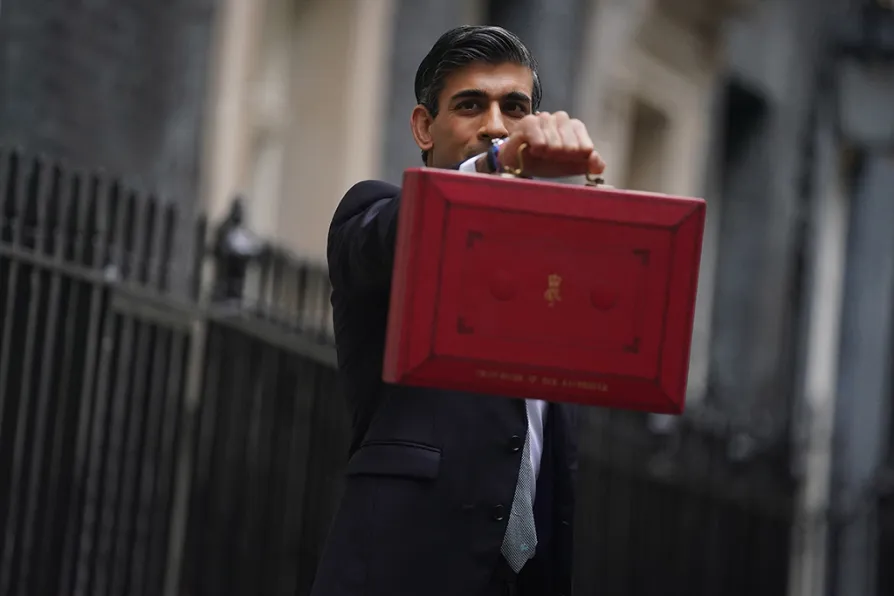CHRISTOPHE DOMEC speaks to CHRIS SMALLS, who helped set up the Amazon Labor Union, on how weak leadership debilitates union activism and dilutes their purpose
The autumn budget: the hard facts paint a bleak picture
JAMES MEADWAY sizes up a Budget which has driven a coach and horses through the government’s green rhetoric


RISHI SUNAK has delivered a Budget that confirms the turn inside the Tory Party away from austerity spending cuts.
It confirms that this is Boris Johnson’s government, eager to spend and intervene in the economy in a way that we have not seen Conservatives do for a very long time.
To win a new consensus on government spending and investment is an important victory for anti-austerity campaigners.
Similar stories

The economic value of disability benefits far outweighs their cost, argues Dr DYLAN MURPHY

While slashing welfare and public services, Labour’s spring statement delivers a bonanza for death-dealing bomb merchants. We now see the true and terrible face of austerity 2.0, writes MICHAEL BURKE











